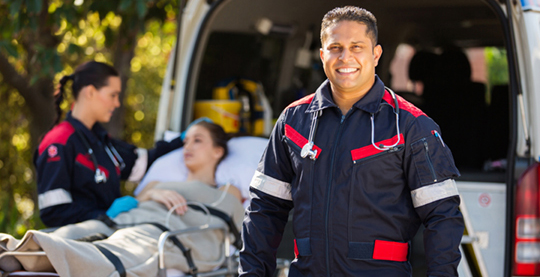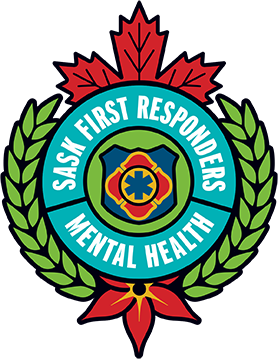Help for others
Is someone you work with or a loved one struggling with their mental health? Do they seem stressed? Are they acting differently—or is there something a little “off” in the way they’re behaving? Here are things you can do to offer support. Start by clicking the button below to better assess them on this mental health continuum.*
 START HERE:
START HERE:

Mental Health Continuum
The mental health continuum illustrates the different mental health phases others may experience throughout their life and career. It also describes the physical and mental effects associated with each phase and suggests actions and resources that may help. The continuum includes the following phases:
- Healthy and adaptive coping (green)
- Mild and reversible distress (yellow)
- More severe and persistent functioning impairment (orange)
- Clinical illnesses and disorders requiring concentrated medical care (red)
It’s important to remember that one can move in either direction along the spectrum, which means there is always the possibility to return to full health and functioning.
| Healthy | Reacting | Injured | Ill |
|---|---|---|---|
|
|
|
|
| Actions to take at each phase of the continuum | |||
|
|
|
|
| Quick resources to help you | |||
As leaders
Create a safe, supportive environment for those experiencing mental health challenges in the workplace.
As peers
It’s difficult to see a friend at work struggling with a mental injury. Here are some tools to help you recognize when your colleagues may be struggling and what you can do to support them.
As family & friends
The events and experiences of being a first responder can impact everyone around them, including spouses, kids, friends and other family members.
 Resources
Resources
See all
These resources will give you a better understanding of mental health in the context of the experiences and pressures of first responders, as well as the broader population.
The use of this website does not constitute the provision of medical advice. If you require medical or psychological assistance, kindly seek the assistance of a medical professional, mental health care professional, visit the closest hospital emergency department or call 911.
The use of this site indicates acknowledgment and acceptance of the terms of this disclaimer.
